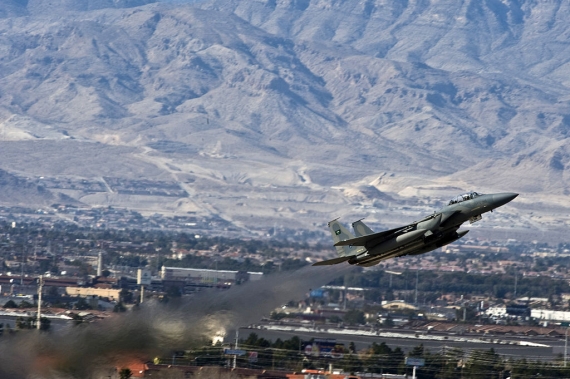
Yemen’s History Lays Bare Saudi Arabia

Ali Kassem - A-Thawra Syrian Daily
Yemen unfolds its history testifying to its past wounds, and summons forth ancient pages of the injustice that was the feature of its relationship with its Gulf neighbors, namely during the last decades that witnessed attempts to turn Yemen into the backyard of Gulf Sheikhdoms, which absented its cultural presence and political existence, with the exception of any instance that would serve the Sheikhdoms' personal accounts and their alliance with the West.

As any comparison is unjust in the general sense, it would be in politics; These happenings do not leave room for much interpretation, nor for dwelling on changing analyses between a bleak outlook that cannot look past external influences, or frightening accounts of the future that succumb to political rivalries entrenched in Western or regional outlooks.
Yemen, which has finally risen against threats of foreign intervention, namely its regional figures, Saudi Arabia and its Gulf proxies, is aware of the greatness of the challenges and the consequences of its decision to confront them.
It firmly believes that it holds the same strengths they do. It possesses an excess of power, inherent and internal, which renders it flexible, and lays end to much stipulation. The possibilities presented before it place it upon a path upon which necessity and national expediency require that it [Yemen] proves its existence both practically and in politics.
This is what one might understand from the Yemeni army's refusal of foreign intervention, thus identifying with the positions of different Yemeni political powers, excluding those that have opted for a different path in opposition to Yemeni national interest, that is to say, those who sought outside intervention to resolve what could have been remedied through internal dialogue.
Whatever the cost they would have had to pay through dialogue, it would have surely been less than any option calling for outside intervention, even if it was just a show of military strength.
Indicative as Saudi military intervention may be of the stupidity the sons of Saud seem to be afflicted with, international responses have so far not been indicative of a want to push matters further neither to the point of having an open war that Western agendas cannot bring themselves to accept for the time being, in light of all the difficulty they face as to bring people to accept it and their clear ineptitude in dismantling the chaos and mesh seeping into their closed agendas.
What is even clearer than both is what corridors in the Gulf have been discussing regarding the loss of alternatives, and most importantly the loss of options on which Saudi Arabia had been relying to shuffle the deck in Yemen.
It is now facing a torrent of competing agendas which make it likely that Yemen will be the pioneer of the future model of the Gulf, all whilst keeping in mind the difference in positions and the standard which will set the tone of the two scenes.
Thus, when Yemen opens its ancient accounts, it will keep in mind that looking back is to scrutinize what had been postponed for decades, or long forgotten, leading Yemenis who by now have had enough to express themselves relentlessly.
Looking back is to realize that the time of Gulf guardianships is no more. Perhaps the journey back has begun on a path fraught with challenges leading to Yemen retaking its historical rights.
Yemen is now headed towards its crossroads, despite all the dust being unsettled and attempts to stray it from its course, including the Saudi show of muscles, and the beckoning of intervention that is no more than a tempest in a teapot, which will come to reveal the illusion and the greatness of the deception.
This will happen, when Saudi reality is shown bare, and when Saudi Arabia realizes it is even devoid of the protection of the West, in whose name it has fought, and whose interests and greed it has used, in a surrounding that has grown tired of its threats and menace.
Comments



